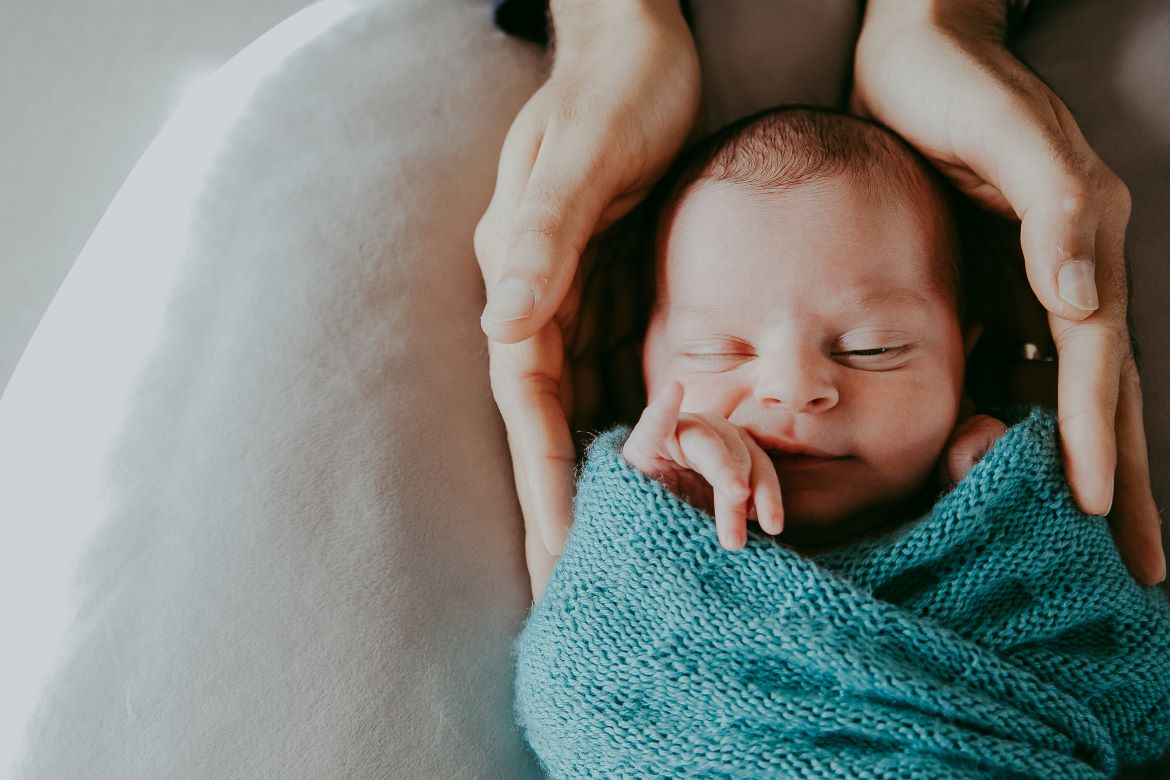By Lauren Heffernan
One of the most common questions that I get asked is, “why is my baby waking at night?”
We all know babies wake at night, but it is not without reason. I have put together a list of the top ten reasons your baby is waking at night to help you better understand what is developmentally healthy and NORMAL when it comes to infant sleep, and when something else might be going on.
Your baby might be waking at night because:
1. They are supposed to wake at night
Babies are meant to wake and call for us. If babies were not supposed to wake at night, then they wouldn’t.
A study done by Sadler, S. in Prof Care Mother Child 1994 Aug-Sep;4(6):166-7 which was a part of the Avon Longitudinal Study of Pregnancy and Childhood (ALSPAC), surveyed the parents of 640 babies and found that:
Only 16% slept through the night at six months old – 84% were not sleeping through the night at 6 months
17% woke more than once per night, ranging from twice to eight times
5% woke once every night
9% woke most nights
50% woke occasionally
16% of six-month-olds had no regular sleeping pattern
None of us, not even adults, actually sleep through the night. As we switch from one phase of sleep to the next we rouse slightly and as long as we are not hungry, cold or have to go to the bathroom then we are able to go right back to sleep, likely without even noticing. If babies wake and have a need to be met, then their partial arousal may turn into a full arousal.
The fact that our babies wake through the night and call for us is not only biologically normal, but it is also a highly important protective mechanism.
We want our infants to wake and call for us to meet their needs. These needs may include hunger, thirst, being too hot or too cold, discomfort or pain, dealing with gas, illness, a need for connection or searching for proximity. We want babies to call for us to be sure they are not only comfortable, but also safe, while they sleep.
I do want to take a quick moment to let you know that if you are comparing your baby to a sleep trained baby, or wondering why they ‘sleep through the night’, know that they are not sleeping through the night. They wake just as often as your baby but they are just not waking and signaling for their parents. For more information on sleep training, read here.
2. They are hungry
Even past the age of one, babies may still wake to eat one or twice and this is completely normal. Every mother-baby dyad is so unique and so different and some babies really do need night feeds at 6, 8, even 12 months and beyond.
As babies learn and grow, it is possible that they may require more feeds through the night as a result of not getting enough milk through the day. If your child is distracted throughout the day and taking in less milk because of this, then it is fair to expect they may want to make up for this through the night. You may need to try nursing in a dark, calm, quiet room throughout the day if this is something you are struggling with.
Now, if your baby is wanting to eat every 1-2 hours, all night long, and are getting the 6-8 breastfeeds that they need during the day, then this can be a red flag of some issues surrounding breastfeeding.
If you are concerned about the amount your baby seems to be waking to eat overnight it is important that you look for the support of an IBCLC to rule out any issues with tongue function.
Also causing wakes related to hunger is the milestone of your baby eating solid foods. If your baby is taking in too much solid food during the day, therefore not getting enough milk, this can result in increased wakes overnight. Breastmilk or formula should always be your baby’s primary source of nutrition until at least age 1.
Prolactin, which is involved in the production of breastmilk, drops in the early evening and comes back up overnight. Being that prolactin levels are the highest overnight, this is also when there is the most milk. We can understand that it makes sense our baby would naturally want to eat more at this time, especially if they have been distracted during the day. This can also often explain fussiness in the evening as this is when your supply is lowest, before prolactin peaks again.











